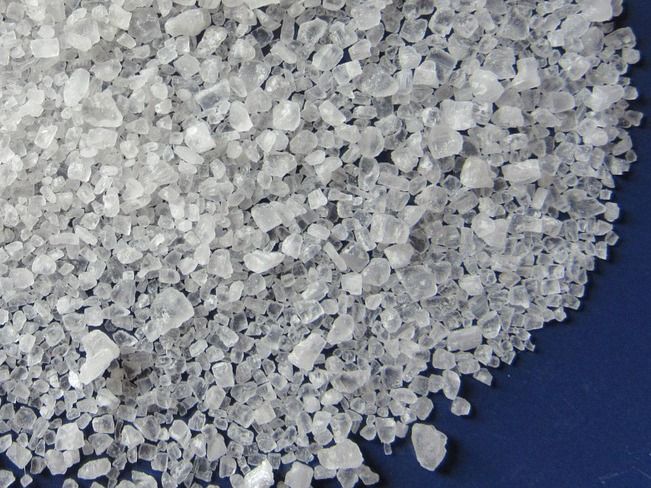Is salt better than its reputation?
Advertisement
Higher salt consumption does not automatically lead to a heart attack or stroke. A comparative study with 18 countries shows that salt increases blood pressure, but not necessarily the risk of cardiovascular events. cardiology at the Inselspital has classified the results for "The Lancet".
People who eat a lot of salt sooner or later increase their blood pressure. This has been known for more than a century and is supported by numerous scientific publications. Doctors therefore warn against excessive salt consumption and the World Health Organization, European Society of Cardiology and American Heart Association recommend a drastic reduction in salt intake for the entire population. However, so far no study has been able to prove that this automatically reduces the risk of cardiovascular events.
Now, an international comparative study with 18 countries and 94,378 people over eight years examined the extent to which the daily intake of salt actually leads to more heart attacks, strokes or overall mortality. The relevance of the results was assessed by Prof. Dr. Franz Messerli, cardiologist at the Inselspital, for the journal "The Lancet" on 9 August 2018.

rkit/ Pixabay
Brain more at risk than heart
Although researchers at McMaster University in Canada found a linear influence on salt consumption and hypertension (+2.8 mmHg increase per gram of salt/day) in their comparison, this was more likely to affect people who already consumed more than five grams of salt per day. Very high salt consumption led to a higher risk of stroke, mainly in China, where the average consumption was almost 14 g per day.
What was surprising, however, was the observation of a negative correlation between salt consumption and heart attack as well as between salt consumption and total mortality: the more salt, the lower the risk. If salt consumption was too low, the risk of heart attack and stroke again increased slightly. Franz Messerli therefore suspects that not all organs react equally sensitively to salt and that salt may even have a cardioprotective effect.
In order to be able to assess this even better, Messerli and his colleagues also analysed the relationship between salt consumption and life expectancy in 182 countries. It was found that salt consumption, except when excessive, was positively linked to life expectancy (the lower the consumption, the shorter the life expectancy and vice versa) - i.e. salt per se does not necessarily appear to be harmful to health. On the other hand, life expectancy was significantly reduced with low salt consumption, as partly defined in the recommendations.
More fruit and vegetables instead of less salt
The study also investigated the correlation between potassium content in food and heart attack, stroke and all-cause mortality. Regardless of salt consumption, potassium reduced all three risks. This means that even patients with a high salt intake can reduce their risk with additional potassium. Potassium is found mainly in fruits, nuts and vegetables.
























































